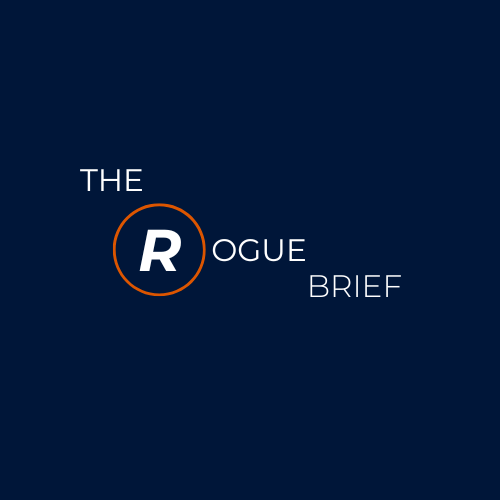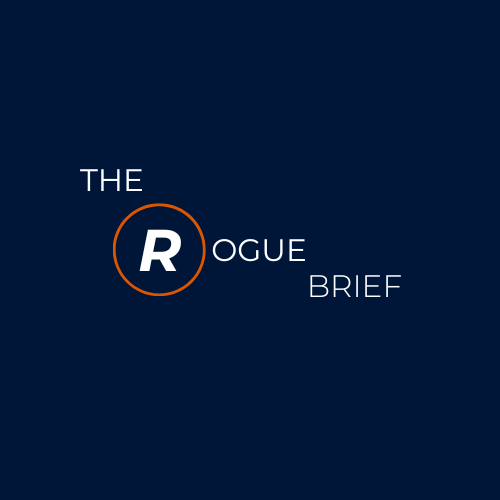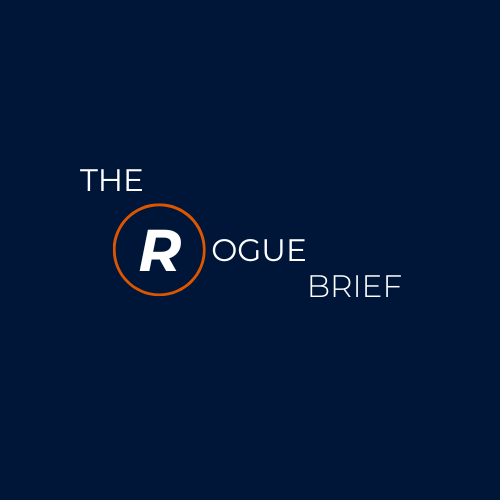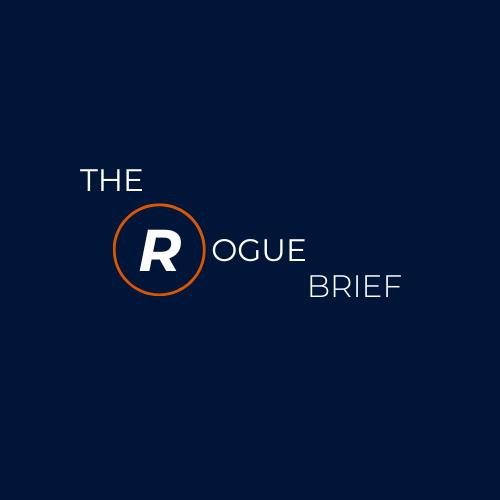Ghislaine Maxwell Subpoena: Congressional Push Collides with DOJ Investigation
Ghislaine Maxwell subpoenaed by Congress while spending 9 hours with DOJ officials. Here's what's actually happening beyond the headlines and why the timing matters.

Bottom Line Up Front: Ghislaine Maxwell has been subpoenaed by Congress and spent nine hours answering DOJ questions this week, but the most significant development may be what these parallel processes reveal about federal investigation strategies. Here's what we know for sure, what remains strategic maneuvering, and why the timing of these developments matters.
What's Actually Happening vs. What's Being Reported
The Maxwell situation has escalated rapidly over the past week, with both congressional and executive branch actions creating a complex legal landscape. Let's break down the confirmed facts from the speculation.
Confirmed Recent Developments
The House Oversight Committee subpoenaed Maxwell on July 23 for a deposition scheduled August 11 at the Federal Correctional Institution in Tallahassee, where she's serving her 20-year sentence. Deputy Attorney General Todd Blanche met with Maxwell for a total of nine hours over two days (July 24-25), with Maxwell reportedly answering every question asked.
On July 29, Maxwell's attorneys responded to the congressional subpoena with conditions including formal immunity, advance questions, relocation of the interview outside the correctional facility, and delay until her Supreme Court appeal is resolved. The Oversight Committee rejected these conditions, with a spokesperson stating "it will not consider granting congressional immunity for her testimony".
The Strategic Context Most Coverage Misses
Maxwell initiated contact with the Department of Justice, according to multiple sources—a detail that fundamentally changes how to interpret these developments. This wasn't prosecutors pursuing a reluctant witness; it was a convicted defendant reaching out to federal authorities.
Maxwell was granted limited immunity for her DOJ interviews, described as "standard" since she's already convicted and could only be charged for lying. Former prosecutors called Blanche's personal involvement "highly unusual" and "potentially unprecedented" for a deputy attorney general.
Understanding the Timing and Coordination
Ever notice how legal developments in high-profile cases often cluster together rather than happening in isolation? The sequence here is worth examining systematically.
The Congressional Timeline
Rep. Tim Burchett introduced the motion to subpoena Maxwell, stating he "did not consult President Trump beforehand". House Oversight Chair James Comer also confirmed he "did not speak with the White House or House Speaker Mike Johnson about the matter". This suggests congressional Republicans are operating independently of executive branch coordination.
The DOJ Response Pattern
The Department of Justice announced it would seek to interview Maxwell on the same morning Burchett introduced his motion. That timing—hours apart—indicates either remarkable coincidence or some level of awareness between the branches.
Former prosecutors questioned whether the interviews were "performative" and suggested they "may be just a way of being able to say, 'Look, we dotted every I and crossed every T'".
What This Actually Means for Federal Investigation Strategy
The significance isn't necessarily in Maxwell's testimony itself—federal investigations routinely re-interview convicted participants. What matters is the strategic implications of how this is being conducted.
Why Deputy Attorney General Involvement Matters
Former federal prosecutors said it was "highly unusual" for the department's No. 2 official to personally interview a witness, noting that "the prosecutors involved in the case would typically be included in questioning". This level of involvement suggests either extraordinary circumstances or political considerations beyond normal investigative protocols.
The Limited Immunity Signal
The limited immunity arrangement means Maxwell could only be charged for lying in the interview, which the immunity doesn't cover. This framework suggests DOJ is seeking information rather than building a case against Maxwell herself.
Maxwell's Strategic Position
Maxwell's attorney suggested she might seek a pardon from Trump, saying "we hope he exercises that power in the right and just way". This public positioning creates leverage in both congressional and DOJ interactions.
The Missing Context in Media Coverage
Most coverage focuses on the drama of Maxwell's potential revelations without explaining the procedural realities of how these processes actually work.
Congressional vs. DOJ Authority
Congress can compel testimony through subpoena power, but Maxwell's conditions for congressional testimony include formal immunity and advance questions—demands the committee has already rejected. DOJ, by contrast, can offer limited immunity and conduct interviews with fewer procedural constraints.
The Appeal Strategy Context
Maxwell's attorneys argue that testimony "could compromise her constitutional rights, prejudice her legal claims, and potentially taint a future jury pool" given her pending Supreme Court appeal. This legal positioning explains why she's cooperating with DOJ (which offered immunity) while demanding conditions from Congress.
Information vs. Investigation Purposes
The House committee states it's seeking Maxwell's testimony "to inform the consideration of potential legislative solutions to improve federal efforts to combat sex trafficking"—an oversight function rather than criminal investigation. DOJ's purposes remain undisclosed but likely focus on potential evidence about other individuals.
Pattern Recognition: What the Parallel Processes Reveal
Rather than treating these as separate developments, examining them as coordinated or competing processes provides insight into federal investigation dynamics.
The Coordination Question
The DOJ announced it was "cooperating" with the congressional subpoena and would "help facilitate the deposition at the prison". This suggests coordination rather than competition between branches.
The Information Control Strategy
By conducting interviews first with limited immunity, DOJ establishes a baseline of Maxwell's cooperation before congressional questioning. This sequence potentially influences what Maxwell might say publicly to Congress.
The Political Pressure Context
Legal analysts suggest the interviews could be "an effort to protect Trump" given that he "now faces one of the largest political crises of his second term in the furor over the Epstein investigation".
What to Watch For: Analytical Indicators
Instead of speculating about revelations, here are the procedural indicators that would signal significant developments:
Legal Process Indicators
- Congressional response to Maxwell's rejected conditions and whether they proceed with the August 11 deposition
- DOJ statements about findings from the nine hours of interviews
- Supreme Court action on Maxwell's appeal, which affects her cooperation timeline
- Federal court decisions on unsealing grand jury materials
Strategic Behavior Patterns
- Coordination signals between congressional and DOJ approaches
- Maxwell's legal strategy regarding cooperation versus Fifth Amendment assertions
- Administration responses to calls for transparency versus investigation protection
Information Release Timing
- Document unsealing from ongoing court proceedings
- Congressional hearing outcomes if Maxwell testifies or refuses
- DOJ investigation updates about evidence gathered from Maxwell interviews
Understanding the Broader Implications
The Maxwell subpoena and DOJ interviews represent more than celebrity legal drama—they're a case study in how parallel federal processes can advance different institutional interests.
Congressional Oversight vs. Executive Investigation
Congress seeks information for legislative oversight and public accountability. DOJ pursues evidence for potential prosecutorial decisions. These different purposes explain why Maxwell's cooperation conditions vary significantly between the branches.
Precedent for High-Profile Cases
The unusual nature of deputy attorney general involvement creates precedent for how future administrations might handle politically sensitive investigations. The balance between transparency and investigation integrity becomes a template for similar cases.
Public Information vs. Investigative Secrecy
Victims' advocates questioned the lack of transparency, with one lawyer representing 20 Epstein victims asking to attend the Maxwell interviews but being excluded. This tension between public interest and investigative necessity shapes how such cases are handled.
Questions Worth Asking
Instead of wondering what Maxwell might reveal, focus on understanding the process dynamics:
Why did Maxwell initiate contact with DOJ now, after years of maintaining her innocence through appeals?
How do the different immunity arrangements between DOJ and Congress reflect their distinct institutional purposes?
What precedent does deputy attorney general involvement set for future politically sensitive investigations?
How do parallel congressional and executive processes affect the information that ultimately becomes public?
Community Perspective: Learning from Process Analysis
The Maxwell situation demonstrates why understanding legal processes matters more than speculating about outcomes. Her attorneys' strategic positioning—demanding conditions from Congress while cooperating with DOJ—shows how defendants navigate multiple institutional pressures.
The real lesson isn't about potential revelations but about how federal institutions balance competing interests: congressional oversight, executive investigation, defendant rights, and public transparency.
What patterns do you notice in how high-profile legal cases get handled differently when they intersect with political interests? Have you observed similar coordination or competition between congressional and executive branch approaches in other cases?
The Rogue Brief provides systematic analysis of political and legal developments. For deeper investigation of how federal processes actually work, subscribe to our newsletter.



Comments ()